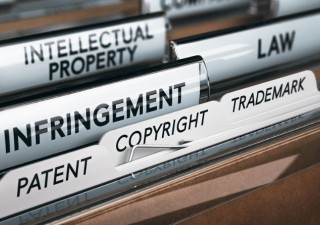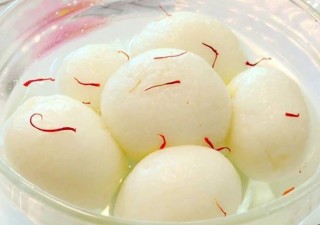A trial to determine ownership of the Qiaodan trademark is underway in the Shanghai No. 2 Intermediate Court between a Chinese sportswear company and former National Basketball Association Michael Jordan. In February 2012, Jordan filed suit for unauthorized use of his name and jersey number 23, seeking US$183,000 in compensation. The trial began April 29, 2013.
The name and trademark of Fujian province-based Qiaodan Sports, with approximately 6,000 shops countrywide, are the same as the Chinese version of Jordan’s name.
Qiaodan Sports has applied for trademarks for Jiefuli Qiaodan and Makusi Qiaodan, which are the names of Jordan’s sons, Jeffrey and Marcus, in Chinese.
“Qiaodan Sports has built a business off my Chinese name, the number 23, and even attempted to use the names of my children, without authorization,” Jordan wrote on his website. “I think Chinese consumers deserve to be protected from being misled.”
“Jordan is very famous in China and a symbol of the NBA,” Scott Wang, a patent attorney at China Patent Agent in Beijing, tells Asia IP. “Customers would believe that the company or products with this name are related to him.”
A study reported in the International Business Times showed that 90% of youth in China’s second-tier cities believe Qiaodan products are endorsed by or have ties with Jordan.
“Several friends of mine in the second-tier cities told me they had no idea that Qiaodan has no relation with Jordan,” says Wang.
Despite Jordan’s strong case, Qiaodan denied all the allegations in early April 2013 and countersued for US$8 million in damages for the delay of its initial public offering of 112.5 million shares.
Quartz reported that Qiaodan originally chose its brand name because it comes from a word that evokes “grass and trees of the south,” and that the name does not belong to Jordan as 4,600 Chinese citizens bear the name Qiaodan.
Wang disagrees. “Although I have good education, this is the first time that I have heard ‘Jordan’ in Chinese comes from a word that evokes ‘grass and trees of the south.’ I wonder whether the Qiaodan boss knew the meaning before he knew Jordan.”
Wang says most of the 4,600 Chinese citizens bore the name Qiaodan before 1990, by which time Jordan had become very famous in China. “I guess most people got this name because their parents like Jordan,” adds Wang.
Regardless, Qiaodan lawyers said that only Chinese citizens or foreign nationals living in China are protected under naming rights, so Jordan does not qualify.
Wang says Jordan may qualify for protection because of a provision in Chinese law preventing companies from freely using a celebrity’s name, even if the celebrity does not hold trademarks.
“I believe Jordan has a strong position, and from the recent iPad case, you could note that Chinese courts prefer settlement to judgment. This case is likely to be settled, too,” says Wang.
Jordan is not the first athlete to sue a Chinese company for trademark infringement. In 2012, Yao Ming sued Wuhan Yunhe Sharks Sportswear in China for using his name on its products and marketing campaigns.
“Behind my name are my experience and blood, sweat, and pain. I take this very seriously, and that’s why I’ve decided to defend my rights,” Yao said in an interview with Xinhua News in April 2012. “I am confident that Jordan and many others like us feel the same way. And it’s important to help everyone understand this in order to protect consumers and stop companies that are purposefully misleading them.”
Jordan stated on his website that any compensation received would be used for “growing the sport of basketball in China.”







